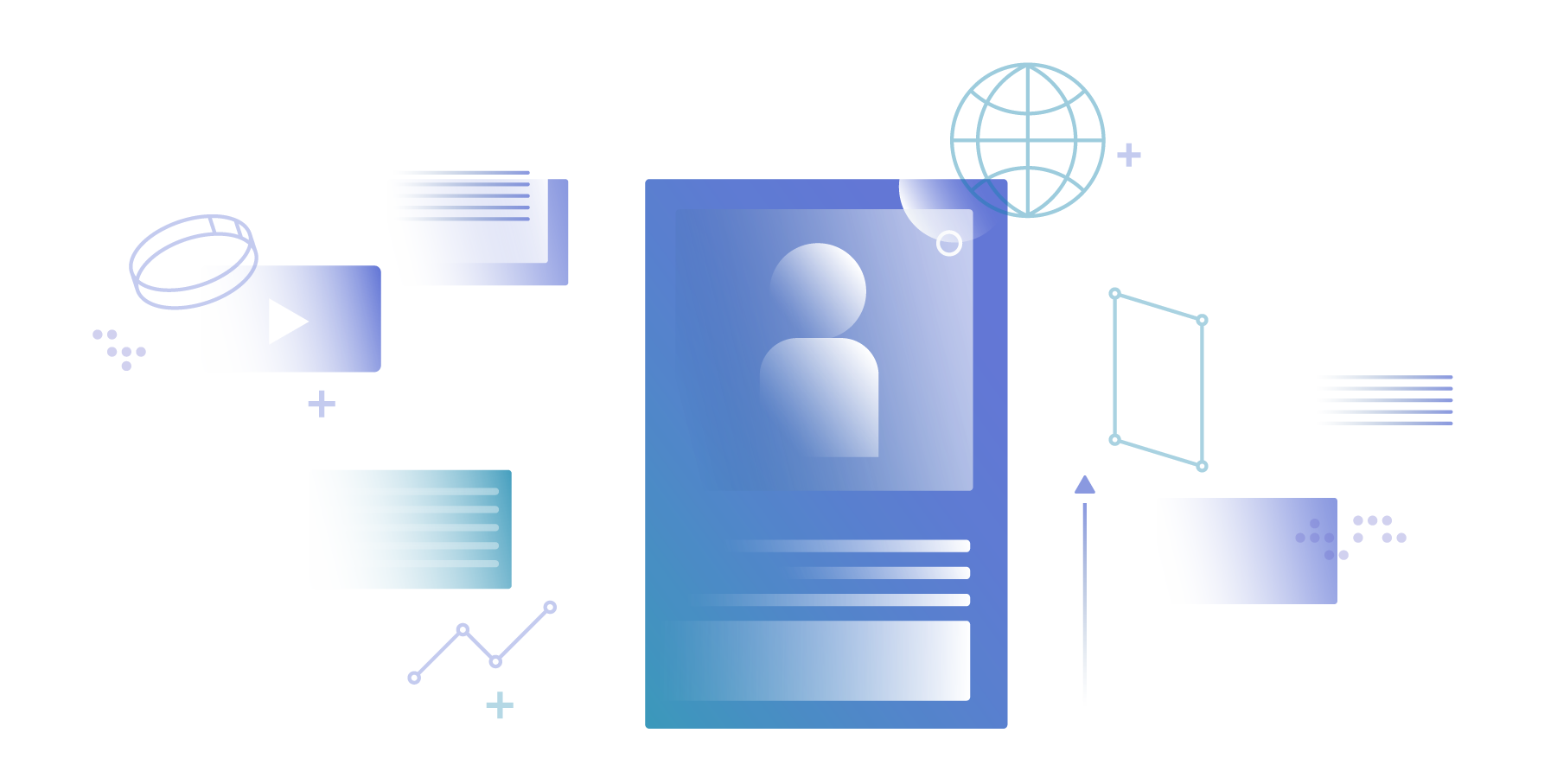Explore 'Everything You Wanted To Know About The Internet Of Things' and discover how IoT is reshaping industries. Learn more now!
VALUE-ADD APPLICATIONS FOR YOUR BUSINESS
Conduct an online search for “What is the Internet of Things” (IoT), and you’ll find dozens of complex definitions and complicated terms. Put quite simply, the Internet of Things describes the connection of any device to the internet and/or to each other.
Business Insider predicts that by integrating modern-day devices with internet connectivity, the IoT market will grow to more than $3 trillion annually by 2026. And experts predict more than half of new businesses will run on the IoT by 2020. Intelligent devices are not new. Rather, they are a new iteration or refinement of something we’ve been doing for generations—improving process.
As far back as 2002, Troy Web Consulting developed museum display-case monitors that measured exhibit temperature and humidity. These devices used simple internet protocols to send data to a server-based monitoring system. It didn’t take long before companies found a way to embed intelligent devices into everyday objects, putting this technology into our hands and into our homes.
Fast forward to 2018 and Troy Web Consulting works with Mobius Labs to turn existing toilets to smart toiletsand designs a graphical user interface for VoicterPros’ voice-driven real estate listings on the Amazon Echo and Fire Cube TV.
Apple introduced the smartphone in 2007, boasting features that far surpassed the crude camera and text-messaging capabilities of its flip-phone predecessors. Cell phone sales skyrocketed. Within a few years, other everyday items were internet connected, from Nest thermostats and Hue LED lights (which helped launch the “smart home” industry) to Fitbits and weight scales (which helped launch the personal health monitoring industry).
In 2013, Apple released the iBeacon, which allows mobile apps to “listen” for signals from beacons in the physical world and react accordingly. You know when you walk into a store and immediately get dinged with a store coupon on your cell phone? That’s iBeacon. With it, developers were given a radical new way of tying location-based awareness into iOS devices and apps, benefiting their customers and their own bottom line.
Now, this technology is available in other everyday objects, including car keys, toothbrushes, coffeemakers, and voice assistants like Alexa and Google Home. And although at its inception, the IoT was most relevant to the business and manufacturing sectors, today you’ll find it in use in nearly every industry and business application.
What Does The IoT Mean For Your Business?
IoT is about real-time data collection and analysis and using that data to make faster, smarter, more informed decisions.
Today, savvy businesses are connecting an array of industry-specific items to make their businesses more efficient and their products more appealing to customers. Experts project there will be more than 64 billion IoT devices by 2025, up from 10 billion in 2018. Examples of industry-specific IoT applications include:
Healthcare
Using IoT, ordinary medical devices can more effectively monitor patients, gather and process critical data, enable remote care, and give patients more control over their treatment.
Education
IoT can help make educational resources more accessible, regardless of geography and socioeconomic status. IoT solutions can also provide real-time monitoring and feedback, giving teachers a more informed picture of individual student needs.
Manufacturing
IoT offers real-time benefits across the entire production process, including logistics and supply chain optimization, production flow monitoring and refinement, inventory management and safety and security.
Utilities/Energy
Utility and energy companies can offer real-time monitoring of energy consumption and regulatory management, as well as automating payment options.
Retail
IoT in the retail industry can reduce inventory errors, optimize supply-chain management and decrease labor costs, as well as improve the customer experience through automated checkouts, personalized discounts, Beacon alerts, and more.
Financial Services
IoT can simplify payments, debt collection, and the claims process, as well as improve fraud protection and enhance customer service and benefits.
What are some everyday objects in your business? How might your business—or your customers—benefit if those objects could “talk” to you or to each other? To discuss your IoT needs and ideas, call or email Troy Web Consulting at 518-326-3798 or email us.
